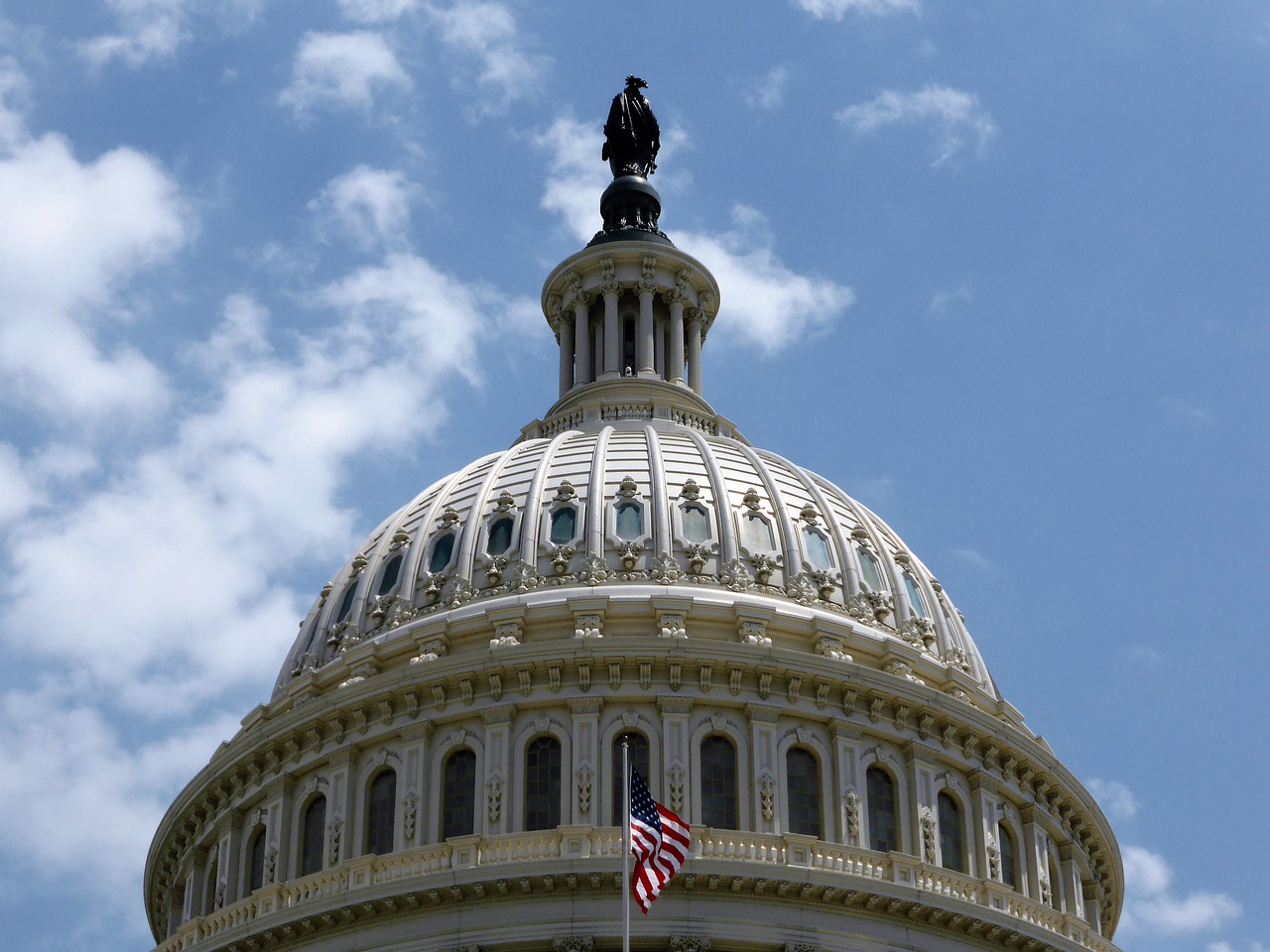Political Opposition in Post-Mugabe Zimbabwe Challenging Recent Election Results
The upcoming Sunday inauguration of Zimbabwe’s new president, former vice president Emmerson Mnangagwa, has been delayed due to a legal challenge from the official political opposition, the Movement for Democratic Change (MDC), against the government’s electoral commission over alleged claims of voting irregularities during the recent July 30 general elections for president and the parliament. The country’s justice minister made the announcement on August 10.
Nelson Chimasia, leader of the Movement for Democratic Change and opposition candidate for president, has said that he has evidence to show and prove that various voting polls nationwide were plagued by theft and fraud. According to Zimbabwe’s national constitution, a presidential candidate is allowed to legally challenge any election results within 7 days of a candidate been declared a winner. The national Constitutional Court has 14 days to rule on the legal challenge brought up by the opposition. If the court rules that the opposition has legitimate evidence of electoral irregularities, a recount could be ordered or the results could be nullified.
These legal challenges hight internal tensions between supporters and politicians of the ruling ZANU-PF-PF and supporters and politician of the MDC opposition after former longtime president Robert Mugabe was ousted during a November 2017 coup. Afer Mnangagwa and his party, ZANU-PF, won the majority of the popular vote in the recent presidential and legislative elections, violence erupted on the streets of Harare, Zimbabwe’s capital city, as six people died from clashes between security forces and opposition protesters.




